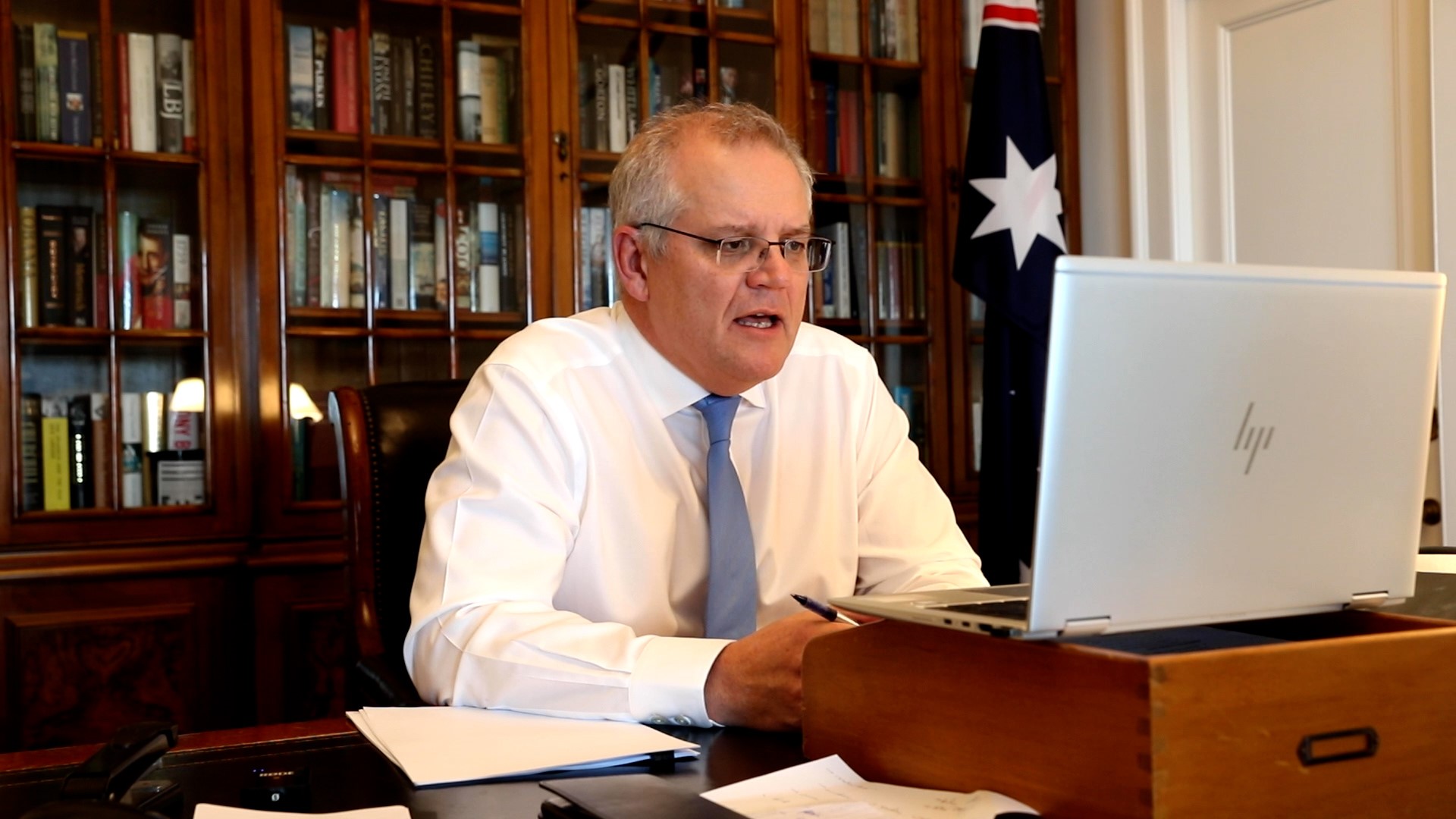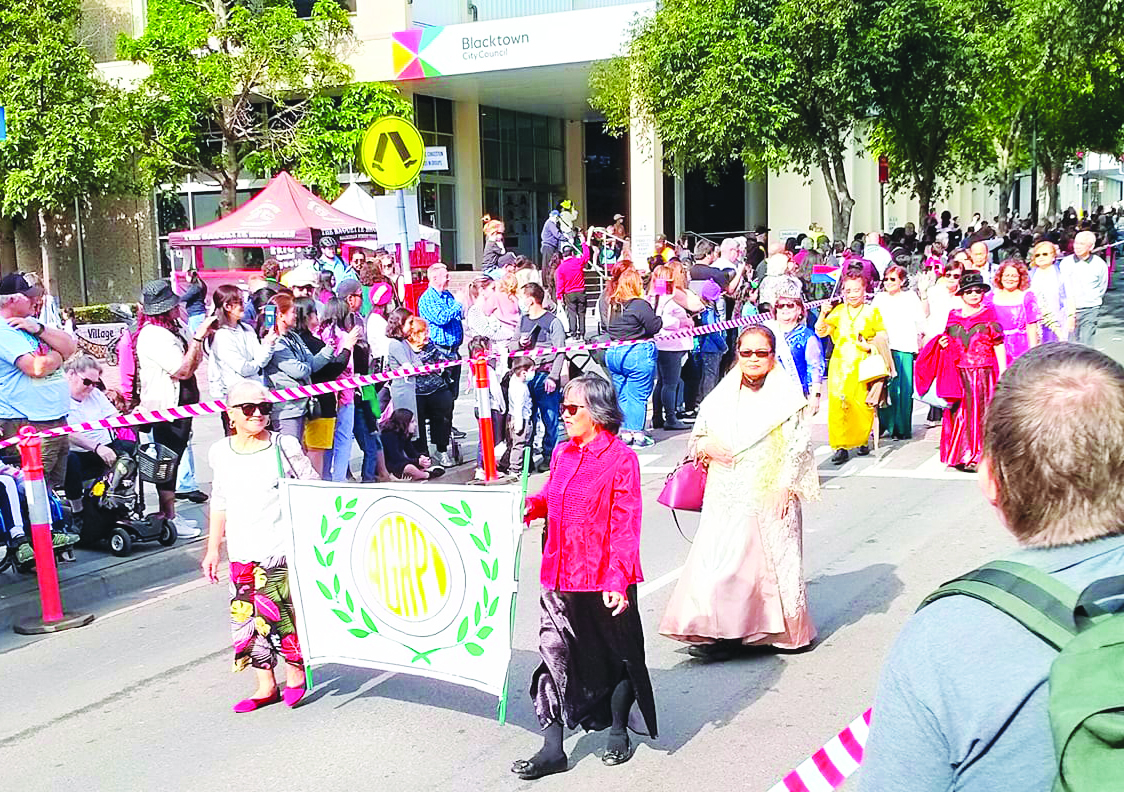As Australia heads into what is traditionally the time of year for floods, bushfires and cyclones, nearly half the population is underprepared, according to new research commissioned by Australian Red Cross.
Forty four percent of those surveyed said they had not identified precious items of personal value and had no plan to protect them, while an astonishing 62% of respondents said they didn’t believe they’d be upset if they lost their irreplaceable items.
Andrew Coghlan, National Emergency Services manager says the research suggests people underestimate the importance of precious items and keepsakes that can’t be replaced. But for those Australians devastated by October bushfires in NSW, losing the items that make us who we are, and connect us to our past is an additional blow.
Just ask Jocelyn Seaman, survivor of the October bushfires in New South Wales.
“Every day you think of the things you’ve lost. Some of them you just think, ‘oh well’, others bring you to tears. There are things you just can’t replace,” she said. Her father’s war medals, an antique doll collection, and three generations of family photos were lost in the fires.
Experts report losing precious items and keepsakes causes people significant distress after a disaster. “We know that people who lose items precious to them, can often take longer to recover from a disaster. In fact, the loss of these objects can be as traumatic as coping with the disaster itself,” Mr. Coghlan said.
Each year disasters happen right across Australia affecting thousands of people. Lives are lost, people injured and catastrophic damage is caused to homes and property. But there are simple steps people can take to ensure the safety of themselves, their loved ones and the things they hold dear.
Basic things such as identifying those items that are important, telling family members about them, and working out how you might protect them from different hazards can make all the difference. Red Cross has information sheets to help people through this process.
“The one thing about disasters you can be sure of is that they will happen. It is never too early to be prepared. We urge you to reach out to your family and loved ones before the disaster season, download an emergency plan and work through it together.”
Red Cross thanks First National Foundation and Medibank Community Fund, for supporting Red Cross’ work to help people prepare for, respond to and recover from disasters.
Survey results
In an independent survey, 44% of people surveyed said they have not identified or planned to protect precious items of personal value in the event of a natural disaster. 62% believe they would not be upset if they lost their precious or irreplaceable items.
Only 14% of people said they’d be very upset if they lost their precious items or keepsakes in a natural disaster. 70% people surveyed thought they would take their mobile phone if a disaster occurred, not an item that was irreplaceable.
The survey finds that people in regional areas are generally more inclined to include their precious and irreplaceable items in their emergency plan. 48% of regional respondents had included precious and irreplaceable items compared to 38% of metro respondents surveyed.
Findings showed 38% of 18-24 year olds compared to 55% of people over the age of 65 said they had planned to protect their precious and irreplaceable items. Although, 49% of people aged 65 or over said they would not be not at all upset if they lost their precious and irreplaceable items, compared to 20% or 18-24 year olds.
The survery was conducted by an independent market research company that polled 1,003 pepole from across Australia and all adult age groups in August. Residents of the ACT, Northern Territory and Tasmania did participate in the survey but not in sufficient numbers to generate statistically significant results. By Vivienne Dullard









Leave a Reply